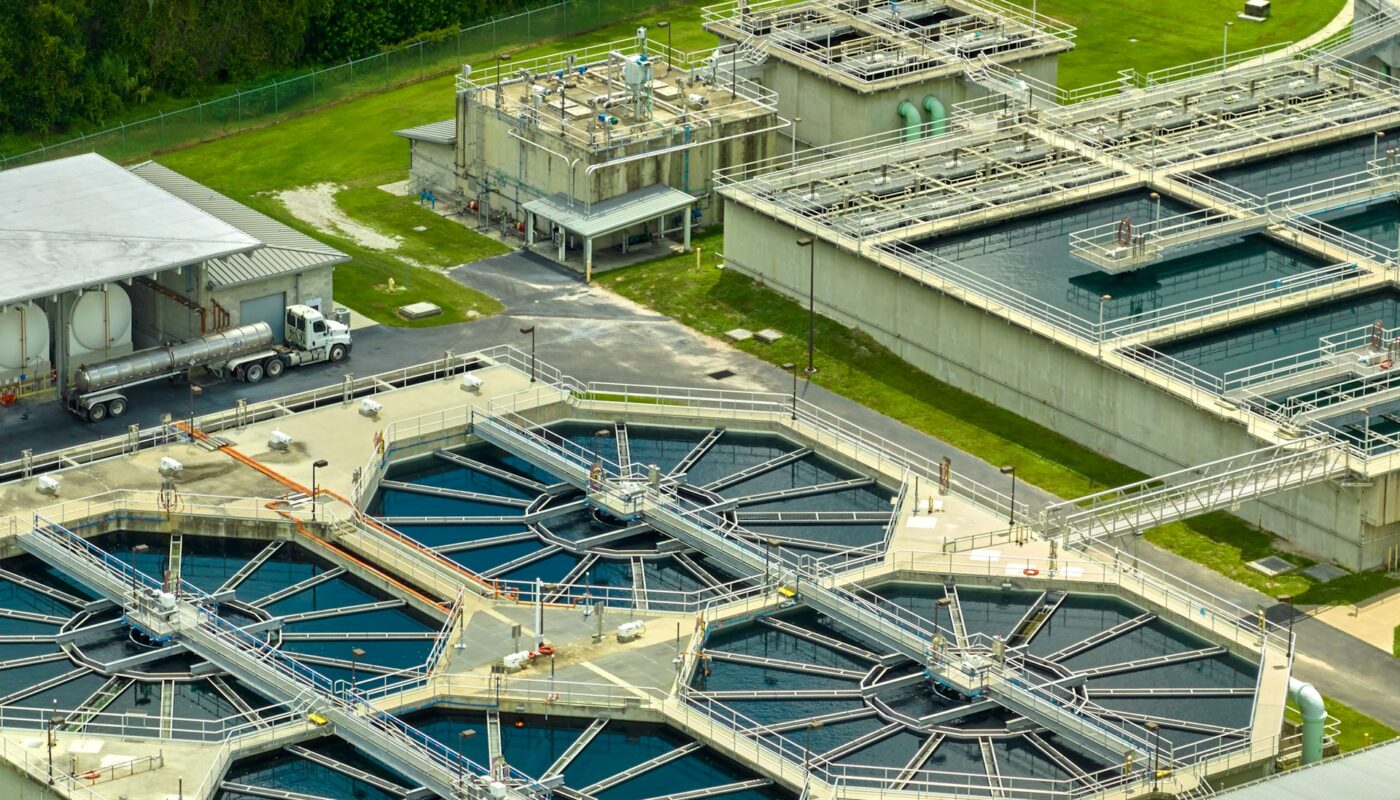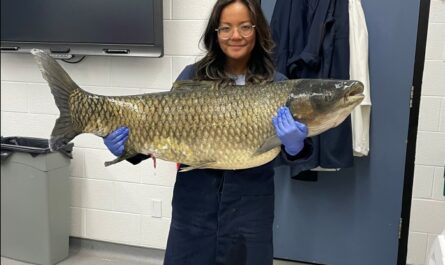State funding supports 72 critical projects, improving water quality and public health while addressing a growing demand for infrastructure investment.
LANSING, Mich. — More than $1 billion in low-interest loans will be distributed across Michigan to help communities tackle essential water infrastructure projects, the Michigan Department of Environment, Great Lakes, and Energy (EGLE) announced on September 25, 2024. The loans, totaling $1.05 billion, will fund 72 projects through the Drinking Water State Revolving Fund (DWSRF) and the Clean Water State Revolving Fund (CWSRF) during fiscal year 2024.
The financial boost is designed to address urgent needs in maintaining and upgrading water systems, ensuring safe drinking water for residents and protecting Michigan’s lakes and rivers from contaminants. However, the sheer demand for funding underscores a larger, systemic issue: cities, villages, and towns across the state are grappling with aging and deteriorating water infrastructure.
Critical Projects Across Michigan
The loans will fund a variety of projects aimed at replacing or repairing essential water systems, such as water treatment plant upgrades, sewer system expansions, and new stormwater management initiatives. These upgrades are not just about maintaining service but are critical to preventing health hazards, such as lead contamination and sewage overflows, that can have dire consequences for both public health and the environment.
“These long-term, low-interest loans help protect public health and the environment, reduce pressure on communities to raise funds quickly for essential upgrades, and minimize the need for large user rate increases,” said Paul McDonald, EGLE’s chief financial officer. “We’ve seen historic demand for assistance from the state revolving funds. While we’ve been unable to meet the entire demand, it is gratifying to see projects come to life in communities large and small.”
Balancing Demand and Resources
Despite the significant allocation, demand for these low-interest loans far exceeded available funds. Requests for project financing totaled nearly three times the amount of funds that could be distributed. The discrepancy highlights the pressing need for further investment in Michigan’s water infrastructure, a reality that many communities are acutely aware of as they struggle to maintain outdated systems.
In cases where communities face financial hardships, the state revolving funds occasionally offer principal forgiveness, which means a portion of the loan does not need to be repaid. In fiscal year 2024, $147.3 million in loan dollars were forgiven, alleviating some of the financial burden on these struggling municipalities.
Kelly Green, administrator of EGLE’s SRF programs, emphasized the importance of the funding mechanism: “The state revolving funds have provided financing for communities undertaking water infrastructure improvements over the past 30-plus years. It’s a proven program with long-term financing options at very low interest rates that help communities and infrastructure users meet their needs and set the table for long-term success.”
Protecting Health and the Environment
Properly functioning water systems are essential not only for providing clean drinking water but also for protecting Michigan’s extensive network of lakes, rivers, and streams. Effective wastewater management and stormwater infrastructure are crucial for reducing pollution and maintaining the health of these vital ecosystems.
For many Michiganders, the importance of water infrastructure is only evident when systems fail, leading to boil-water advisories, water main breaks, and other disruptions. These incidents can have widespread impacts, from public health emergencies to economic setbacks for businesses reliant on clean water.
Looking Ahead: A Growing Need for Investment
While the low-interest loans provide a much-needed influx of funds for immediate upgrades, they represent just a fraction of what is required to comprehensively address Michigan’s water infrastructure needs. With demand outstripping available funding, the state must explore additional avenues for investment, potentially leveraging more federal resources or public-private partnerships to bridge the gap.
The current round of loans sets the stage for more sustainable water management practices across the state, but as McDonald pointed out, “Meeting the growing demand for water infrastructure improvements will require long-term planning and continuous support.”
For more detailed information on the specific projects and funding allocations, EGLE has made a visual dashboard available, providing transparency and updates on all loans issued under the SRF programs.
Your Turn – Like This, or Hate it?
Please offer an insightful and thoughtful comment. Idiotic, profane, or threatening comments are eliminated without remorse. Follow us to have other feature stories fill up your Newsbreak feed from ThumbWind Publications.
“Explore Michigan’s Thumb and the Great Lakes on our flagship site ThumbWind.com.”




